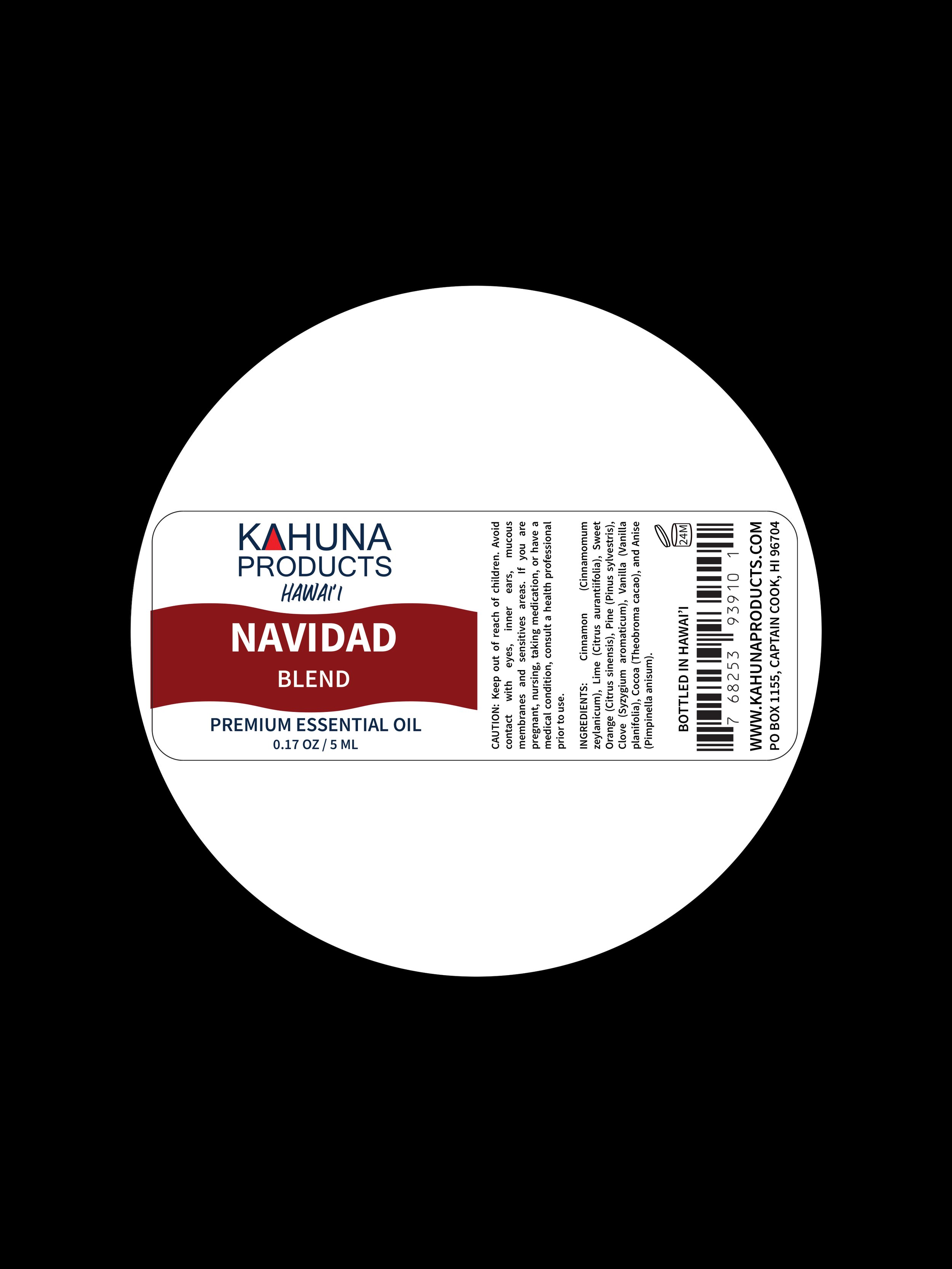 Image 1 of 2
Image 1 of 2

 Image 2 of 2
Image 2 of 2



SWEET ORANGE ESSENTIAL OIL
Citrus sinensis, commonly known as sweet orange, is a fruit-bearing tree native to China but now cultivated worldwide. The essential oil derived from its peel is known as orange essential oil or Citrus sinensis essential oil. It has a refreshing, citrusy aroma and is widely used in aromatherapy for its various benefits. Here are some of the potential benefits and aromatherapy uses of Citrus sinensis essential oil:
Uplifting and energizing: The bright, cheerful scent of orange essential oil is often used to uplift mood, reduce stress, and increase energy levels. It can help create a positive atmosphere and promote feelings of happiness and well-being.
Relaxation and stress relief: Orange essential oil has calming properties that can help reduce anxiety, ease tension, and promote relaxation. It is commonly used in aromatherapy to create a calming environment and relieve stress.
Mood enhancer: The aroma of orange essential oil is believed to have mood-enhancing effects. It may help alleviate symptoms of depression, boost mental clarity, and improve overall cognitive function.
Digestive support: Orange essential oil is known to have digestive benefits. It can help stimulate digestion, relieve bloating, and reduce symptoms of indigestion. It is often used in aromatherapy massage blends for its soothing effects on the digestive system.
Skin care: Orange essential oil is often used in skincare products due to its antiseptic and anti-inflammatory properties. It can help cleanse and brighten the skin, reduce the appearance of blemishes, and promote a healthy complexion.
Antimicrobial properties: Citrus sinensis essential oil possesses antimicrobial properties that may help fight against certain bacteria and fungi. It can be used as a natural disinfectant and air freshener, particularly in household cleaning products.
It's important to note that while Citrus sinensis essential oil has many potential benefits, it should be used with caution. Essential oils are highly concentrated and should be diluted before use, and some individuals may have sensitivities or allergies to citrus oils. It's always a good idea to perform a patch test and consult a qualified aromatherapist or healthcare professional before using any essential oil.
Citrus sinensis, commonly known as sweet orange, is a fruit-bearing tree native to China but now cultivated worldwide. The essential oil derived from its peel is known as orange essential oil or Citrus sinensis essential oil. It has a refreshing, citrusy aroma and is widely used in aromatherapy for its various benefits. Here are some of the potential benefits and aromatherapy uses of Citrus sinensis essential oil:
Uplifting and energizing: The bright, cheerful scent of orange essential oil is often used to uplift mood, reduce stress, and increase energy levels. It can help create a positive atmosphere and promote feelings of happiness and well-being.
Relaxation and stress relief: Orange essential oil has calming properties that can help reduce anxiety, ease tension, and promote relaxation. It is commonly used in aromatherapy to create a calming environment and relieve stress.
Mood enhancer: The aroma of orange essential oil is believed to have mood-enhancing effects. It may help alleviate symptoms of depression, boost mental clarity, and improve overall cognitive function.
Digestive support: Orange essential oil is known to have digestive benefits. It can help stimulate digestion, relieve bloating, and reduce symptoms of indigestion. It is often used in aromatherapy massage blends for its soothing effects on the digestive system.
Skin care: Orange essential oil is often used in skincare products due to its antiseptic and anti-inflammatory properties. It can help cleanse and brighten the skin, reduce the appearance of blemishes, and promote a healthy complexion.
Antimicrobial properties: Citrus sinensis essential oil possesses antimicrobial properties that may help fight against certain bacteria and fungi. It can be used as a natural disinfectant and air freshener, particularly in household cleaning products.
It's important to note that while Citrus sinensis essential oil has many potential benefits, it should be used with caution. Essential oils are highly concentrated and should be diluted before use, and some individuals may have sensitivities or allergies to citrus oils. It's always a good idea to perform a patch test and consult a qualified aromatherapist or healthcare professional before using any essential oil.
Citrus sinensis, commonly known as sweet orange, is a fruit-bearing tree native to China but now cultivated worldwide. The essential oil derived from its peel is known as orange essential oil or Citrus sinensis essential oil. It has a refreshing, citrusy aroma and is widely used in aromatherapy for its various benefits. Here are some of the potential benefits and aromatherapy uses of Citrus sinensis essential oil:
Uplifting and energizing: The bright, cheerful scent of orange essential oil is often used to uplift mood, reduce stress, and increase energy levels. It can help create a positive atmosphere and promote feelings of happiness and well-being.
Relaxation and stress relief: Orange essential oil has calming properties that can help reduce anxiety, ease tension, and promote relaxation. It is commonly used in aromatherapy to create a calming environment and relieve stress.
Mood enhancer: The aroma of orange essential oil is believed to have mood-enhancing effects. It may help alleviate symptoms of depression, boost mental clarity, and improve overall cognitive function.
Digestive support: Orange essential oil is known to have digestive benefits. It can help stimulate digestion, relieve bloating, and reduce symptoms of indigestion. It is often used in aromatherapy massage blends for its soothing effects on the digestive system.
Skin care: Orange essential oil is often used in skincare products due to its antiseptic and anti-inflammatory properties. It can help cleanse and brighten the skin, reduce the appearance of blemishes, and promote a healthy complexion.
Antimicrobial properties: Citrus sinensis essential oil possesses antimicrobial properties that may help fight against certain bacteria and fungi. It can be used as a natural disinfectant and air freshener, particularly in household cleaning products.
It's important to note that while Citrus sinensis essential oil has many potential benefits, it should be used with caution. Essential oils are highly concentrated and should be diluted before use, and some individuals may have sensitivities or allergies to citrus oils. It's always a good idea to perform a patch test and consult a qualified aromatherapist or healthcare professional before using any essential oil.
-
INCI NAME: Citrus sinensis (Sweet Orange) Oil.
ORIGIN: Italy. Bottled in Hawai’i.
PART USED: Peels.
EXTRACTION METHOD: Cold Pressed Essential Oil.
NOTE CLASSIFICATION: Top Note.
-
Citrus sinensis essential oil blends well with a variety of other essential oils, creating unique and delightful aromatic combinations. Here are some essential oils that pair well with Citrus sinensis essential oil:
Lavender (Lavandula angustifolia): The calming and floral scent of lavender complements the uplifting aroma of orange essential oil, creating a balanced and soothing blend.
Lemon (Citrus limon): Combining the bright, citrusy notes of lemon with orange essential oil can result in a refreshing and invigorating blend that promotes a sense of cleanliness and freshness.
Bergamot (Citrus bergamia): Bergamot has a citrusy and slightly floral aroma that blends harmoniously with orange essential oil. This combination can be uplifting, calming, and promote a positive mood.
Grapefruit (Citrus paradisi): Grapefruit essential oil shares similar citrus notes with orange essential oil, creating a vibrant and invigorating blend that can help boost energy and promote mental clarity.
Peppermint (Mentha piperita): The cooling and refreshing properties of peppermint can be a great addition to an orange essential oil blend. It can provide a revitalizing and invigorating effect on the mind and body.
Ylang Ylang (Cananga odorata): Ylang ylang has a sweet, floral scent that complements the citrusy aroma of orange essential oil. This combination can create a harmonious and uplifting blend.
Ginger (Zingiber officinale): The warm and spicy aroma of ginger can add a grounding element to the bright citrus notes of orange essential oil. This blend can be both stimulating and comforting.
Remember, when creating essential oil blends, it's important to consider the individual properties and effects of each oil, as well as personal preferences. Start with small amounts and experiment to find the blend that resonates with you the most.
-
They can be inhaled directly from the bottle, diffuser, or humidifier.
They should be diluted with a carrier oil when applied to your skin. We suggest a 4% dilution rate.
You can also add them to your favorite skincare products.
Essential oils are not safe for consumption unless you are under a health practitioner's guidance.
-
100% Pure Essential Oil.
Unrefined, Undiluted, No Fillers, No Synthetics, Organic, and Sustainably sourced.
-
0.33 oz / 10 ml
Amber glass bottle with euro dropper.
-
Keep out of reach of children. The bottles are a choking hazard. Avoid contact with eyes, inner ears, mucous membranes, and sensitive areas. If you are pregnant, nursing, taking medication, or have a medical condition, consult a health professional prior to use.
Animals are more sensitive to certain scents; consider your pets while choosing essential oils.
While not all essential oils have the same effect on everyone, the key is finding which ones work best for you. You are the individual and know what is best for you. So experiment and find your path.
Citrus essential oils, including Citrus sinensis essential oil, contain certain compounds called furanocoumarins, such as bergapten, which can make the skin and plants more sensitive to sunlight. When applied topically or directly on plant foliage and exposed to UV rays, they can cause skin irritation, burns, or phototoxic reactions.
Here are some important warnings and precautions to consider regarding citrus phototoxicity:
Dilution: Always dilute citrus essential oils properly before topical application or use on plants. Diluting the oil in a carrier oil or other suitable medium helps to minimize the risk of phototoxic reactions.
Avoid Sun Exposure: After applying citrus essential oils on the skin or plants, it's important to avoid direct sunlight or UV exposure for at least 12 to 24 hours. This precautionary period allows the furanocoumarins to dissipate, reducing the risk of phototoxic reactions.
Citrus Oil Concentration: Be cautious with the concentration of citrus essential oils used in topical applications or plant care products. Higher concentrations increase the likelihood of phototoxicity. Adhere to recommended dilution ratios and guidelines provided by reputable sources.
Application Areas: Take care when applying citrus essential oils topically, avoiding areas of the skin that will be exposed to sunlight. Sensitivity to phototoxicity may vary among individuals, but common areas of concern include the face, neck, and other exposed skin.
Storage and Handling: Store citrus essential oils in dark, opaque bottles in a cool, dry place. Exposure to sunlight or heat can potentially increase the concentration of furanocoumarins and enhance the risk of phototoxicity.
Patch Testing: Before using citrus essential oils on the skin or plants, perform a patch test on a small area to assess individual sensitivity or potential plant reactions. Observe for any adverse reactions, including redness, irritation, or discoloration.
It's essential to note that while citrus essential oils can cause phototoxic reactions, not all citrus oils have the same level of furanocoumarin content. Some citrus oils, such as steam-distilled versions of certain citrus fruits, may have reduced furanocoumarin content and a lower risk of phototoxicity.
To ensure safe use, refer to reputable sources, consult with a qualified aromatherapist, or seek guidance from experts knowledgeable about essential oil usage.
The products described on this website are not intended to diagnose, treat or prevent any disease or to affect any structure or function of the skin or body. The information on this website is not medical advice and is not a substitute for consulting with a healthcare provider.






